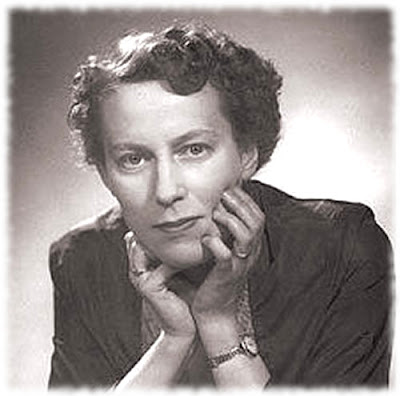Norman Lebrecht: Slipped Disc and Lebrecht Weekly, 12/05/2023 "Why I cannot, in good conscience, review this record I cannot, in all conscience, give this recording a star rating, or even a detailed review. The soloist is Elisabeth Leonskaja, a legendary pianist whose introspections are perhaps the strongest living reminder of her late friend Sviatoslav Richter....Christian Thielemann, in the recent film ‘Music under the Swastika’, claimed that Wilhelm Furtwängler’s complicity in the Third Reich was justified by his legacy of extraordinary recordings. Leonskaya’s presence in Putin’s Russia is not dissimilar. What are we to make of them?... The performances, per se, have nothing to do with the present situation. And yet, everything.I cannot review them". . ..and if you don't like my principles... well, I have others . Norman Lebrecht: Slipped Disc , 19/11/2025 "The Muziekgebouw in Eindhoven has cancelled a December 4 concert by the Russian-Georgian Jewish pia...











Comments
The glimpse at what BBC executives claim as expenses and receive in terms of corporate hospitality does not include anything that relates to "journalism, art or literature".
This is because of exemptions within the UK Freedom of Information Act 2000, as explained on the BBC website:
It is important to bear this in mind when considering the Freedom of Information Act and how it applies to the BBC. The Act does not apply to the BBC in the way it does to most public authorities in one significant respect. It recognises the different position of the BBC (as well as Channel 4, S4C and the Gaelic Media Service) by providing that it covers information “held for purposes other than those of journalism, art or literature”. This means the Act does not apply to information held for the purposes of creating the BBC’s output (TV, radio, online etc), or information that supports and is closely associated with these activities.
As the BBC's main purpose is to create output for TV, radio, online etc this means the great part of the BBC's activities are exempt from the Freedom of Information Act. An interesting situation when one considers that the BBC's annual income is more than £3 billion, and that the income is raised by a legally enforced poll tax.
http://www.bbc.co.uk/foi/about.shtml
My view of the good Sir Nicholas is forever coloured by a lunch I had with him 20 years ago, when he was editor of, I believe, that soaraway publication Early Music News.
Lunch was on my expense account and, if I remember rightly, Mr Kenyon (as he was then) ordered the most expensive items on the menu and a big cigar afterwards. He was clearly thinking big in those days too.
http://www.bbc.co.uk/dna/mbradio3/F7497566?thread=4922946
Plus ça change. BBC Radio 3 controller Roger Wright's contribution to the Guardian Stockhausen tribute was to namedrop the London restaurant he took the composer to -
http://music.guardian.co.uk/electronic/story/0,,2226684,00.html